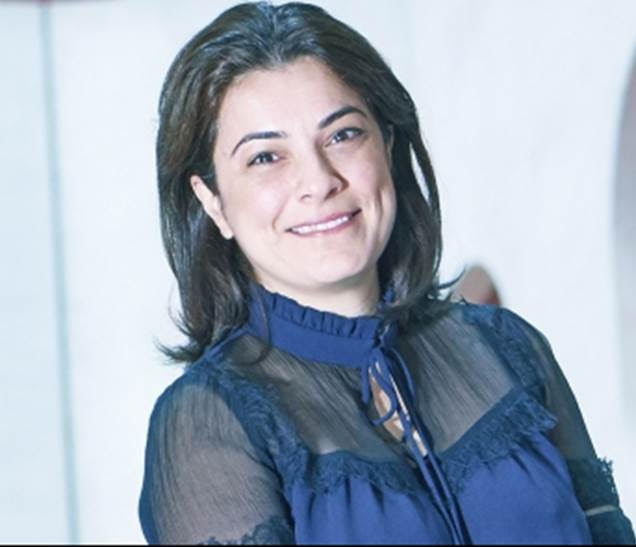Insider Brief
- Professor Elham Kashefi was appointed as The National Quantum Computing Centre’s (NQCC) Chief Scientist.
- Kashefi is Professor of Quantum Computing at the School of Informatics, University of Edinburgh, and Directeur de recherche au CNRS at LIP6 Sorbonne Universite.
- NQCC’s leadership team contributes towards shaping and influencing the future UK quantum computing landscape, and meeting the strategic aims of the National Quantum Technologies Programme (NQTP).
PRESS RELEASE — The National Quantum Computing Centre (NQCC) today announced the appointment of Professor Elham Kashefi as its Chief Scientist. This is a key role within the NQCC’s Leadership Team contributing towards shaping and influencing the future UK quantum computing landscape, and meeting the strategic aims of the National Quantum Technologies Programme (NQTP).
Kashefi is Professor of Quantum Computing at the School of Informatics, University of Edinburgh, and Directeur de recherche au CNRS at LIP6 Sorbonne Universite. She co-founded the fields of quantum cloud computing and quantum computing verification, and has pioneered a trans-disciplinary interaction of hybrid quantum-classical solutions from theoretical investigation all the way to actual experimental and industrial commercialisation. She has been awarded several UK, EU and US grants and fellowships for her works in developing applications for quantum computing and communication. She is the senior science team leader of the Quantum Computing and Simulation Hub and currently leads the Quantum Informatics research group at Edinburgh, one of the largest global quantum software teams (with 40+ members).
This research and leadership role is part of a strategic package – Research and leadership role in quantum software and algorithms, funded by EPSRC. The strategic package award will allow Kashefi and her team in Quantum Informatics at Edinburgh to undertake an ambitious Quantum Advantage Pathfinder mission as an inaugural project to turn industry challenges into quantum research outcomes. These endeavours will expand vertically the pillars of research in the mathematical foundations of quantum information, covering algorithms, architectures, verification and error mitigation, whilst connecting this wealth of knowledge horizontally through to feasibility studies that address challenges coming from end users. As part of the strategic package, she will spend 30% of her time on secondment to the NQCC in the role of Chief Scientist. Kashefi will use research results to steer and advise on areas of high potential for the NQCC and contributions to the wider UK quantum computing landscape. She will chair of the NQCC’s Technical Advisory Group.

Professor Dame Lynn Gladden, Executive Chair of EPSRC, welcomed the appointment: “Professor Kashefi brings to the NQCC a wealth of academic distinction, practical experience and wide-ranging understanding of quantum computing. This is a significant strategic moment for NQCC as it strengthens and deepens relations with the quantum research community and beyond. Elham has expertise in the pathway from theoretical investigation to commercialisation that will be particularly valuable.”
NQCC Director, Dr Michael Cuthbert said, “This is a fantastic appointment. I am delighted Elham will be joining the NQCC as Chief Scientist and lead not only our effort in quantum software, benchmarking and verification but also create a strategic bridge into our Applications Discovery Programme – SparQ – which is supporting UK industry in the adoption of quantum computing. It is vital the NQCC links into the research community and Elham’s broad experience and extended collaboration network supports this and further connects the NQCC to the work of QCS Hub and to computer science more broadly. Elham is supported by an outstanding team in Edinburgh and this EPSRC funding will ensure continued success within her group’s academic research programme.”
Professor Kashefi said, “I am thrilled and honoured to join the NQCC leadership team to establish the NQCC Software Lab together with my colleagues at Edinburgh and elsewhere in UK to further quantum software, algorithms, and applications, with specific attention to opportunities in training and research for quantum advantage, removing barriers to successful adoption.”
If you found this article to be informative, you can explore more current quantum news here, exclusives, interviews, and podcasts.















